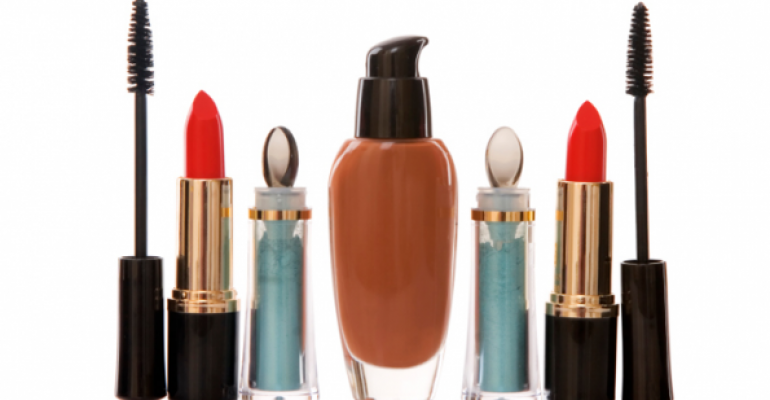Whether or not you buy beauty products from a grocery or convenience store on a routine or occasional basis, it’s likely you have purchased something. Ever wonder how long the item has been on the shelf?
While other store department managers must rotate product and carefully monitor “sell by” dates, those responsible for the health and beauty aisle haven’t had to make this as much of a priority.
 But, should they?
But, should they?
With the movement toward offering all-natural or organic beauty products, some industry professionals are suggesting these dates need to be added to the labeling of make-up, moisturizers and other beauty aids.
Admittedly, health and beauty items may have slower movement at your stores. So, it’s a convenience not to have to keep up with sell-by dates, close out items prior to expiration, or deal with the possibility of more reclaim or shrink in this category. But if your organization is committed to providing safe, effective products for your shoppers, you should support this labeling concept.
The fact is that over-the-counter cosmetics or skin care products, except for sunscreens, aren’t classified as drugs. But just like food, the opportunity for bacterial growth, contamination and loss of effectiveness is present. For example, eye cream or moisturizers found in jars tend to have a high bacterial growth rate because of how the product is used. Popular ingredients, such as plant extracts, antioxidants, retinal, glycolic acids and vitamin C are all vulnerable to product degradation when exposed to sunlight or heat.
And, let’s face it — If consumers occasionally find sour cream or an organic salad dressing with expiration dates of a month earlier pushed to the back of their refrigerator, they know to throw it away before the mold begins to grow. But that isn’t the case with beauty products. That navy colored mascara, bought for a special occasion, may still be hidden in the corner of a drawer a year later. Although it was only used once, that doesn’t mean it’s still safe to apply to the eye area. A lipstick, purchased to go with a particular outfit, may still be lurking in a bathroom drawer long after the outfit is gone.
Although such labeling may not be 100% reliable as it is possible to compromise product integrity through mishandling or improper storage, dating certainly would help the average consumer. So if your corporate social responsibility statement or marketing material promoting your brand states you are committed to providing customers with wholesome and safe products, consider joining the bandwagon to add expiration dates on health and beauty products.
The good news? You might just discover traffic in this aisle increases because these items are now being replaced more frequently by your shoppers!


